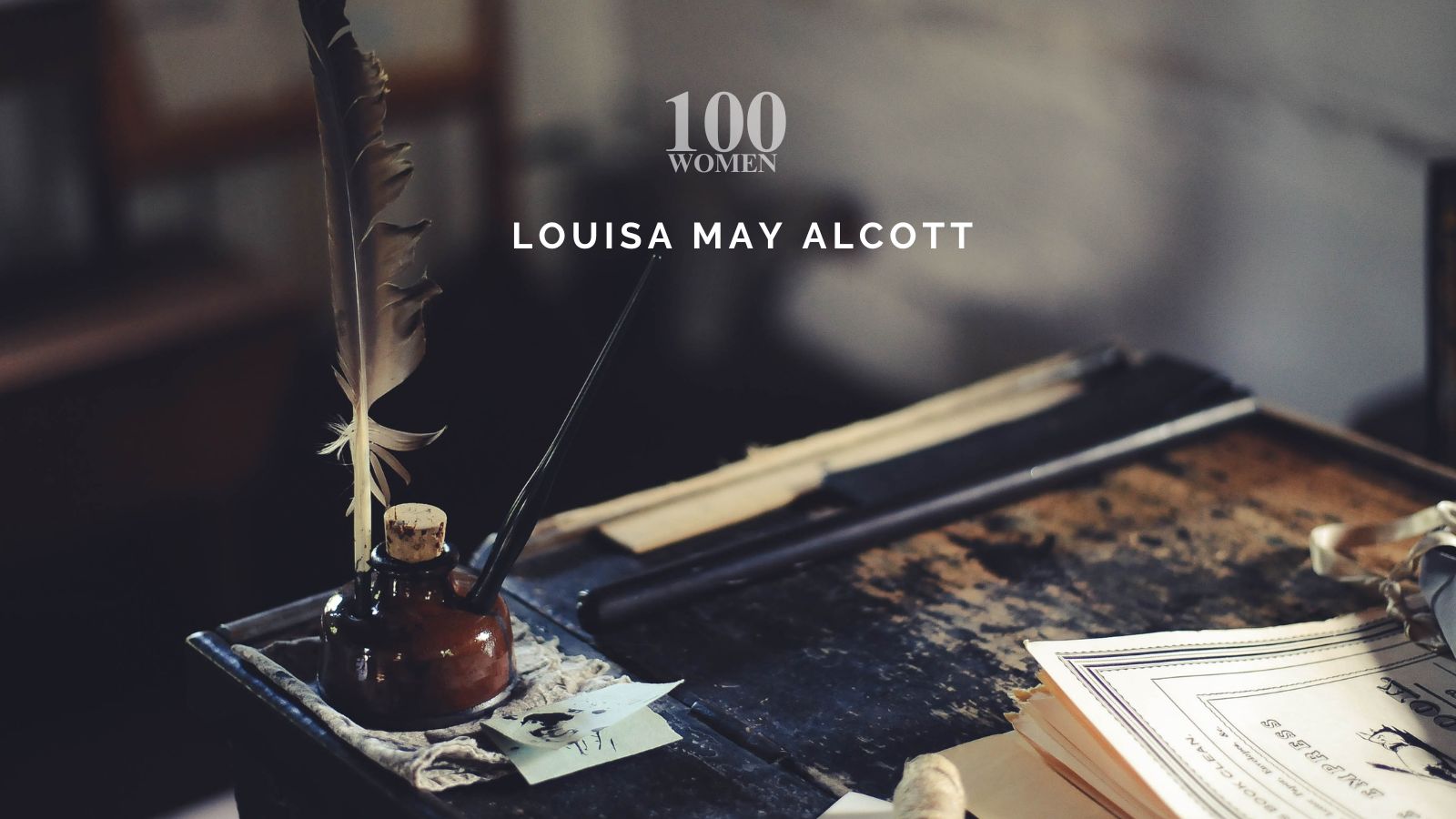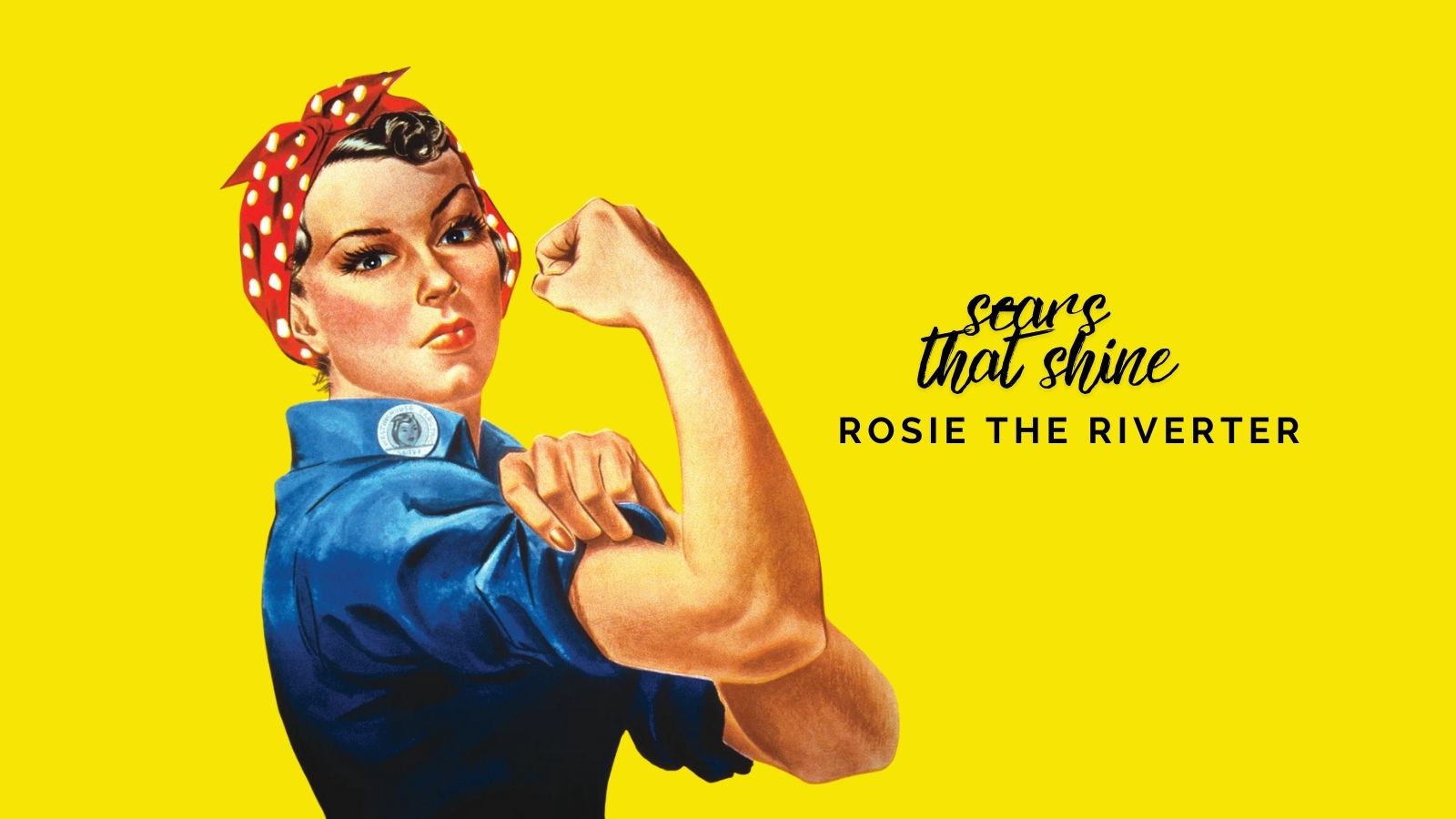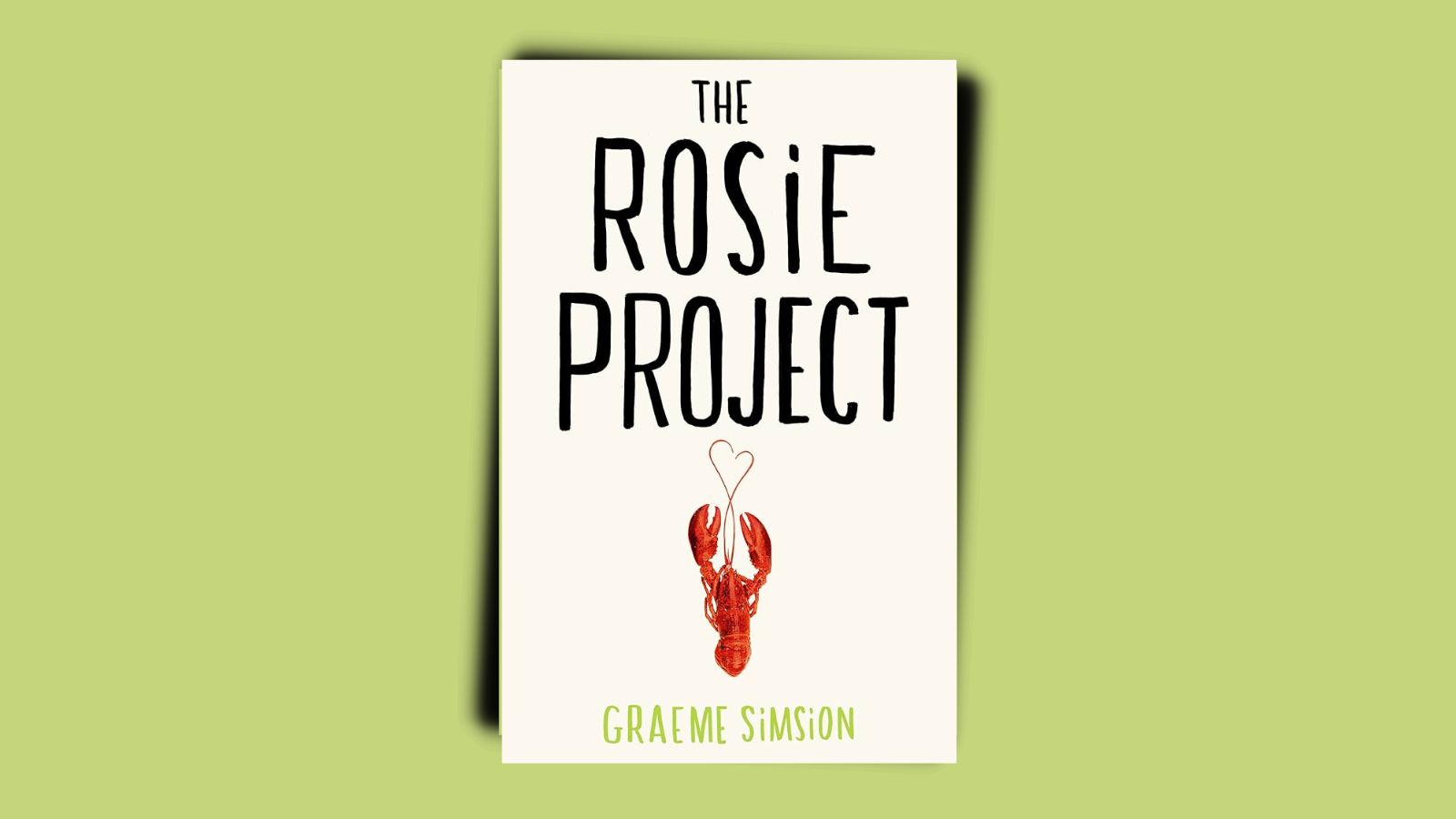
When we think of Louisa May Alcott, many see her as the woman behind Little Women, a book that has travelled through centuries, shaping how generations think about ambition, family, and the quiet rebellions of everyday life. But Alcott was more than an author. She was a woman who lived in the middle of the 19th century and dared to think — and write — beyond the limits of her era.
This is her story.
Louisa May Alcott was born on 29 November 1832 in Germantown, Pennsylvania, the second of four daughters in a family rich in ideas but poor in means. Her father, Amos Bronson Alcott, was a philosopher and educator. Her mother, Abigail May Alcott, was a strong-minded social reformer.
The Alcotts struggled financially, so much so that Louisa once said she grew up “on the edge of poverty.” The family moved often, chasing opportunities that never quite worked out. But in those small, dimly lit rooms, Louisa found her first library in her parents’ bookshelves and a deep conviction that ideas mattered.
Louisa wrote to survive and to speak truth. Long before women could vote in the United States, she was advocating for women’s rights, abolition, and education reform.
She worked as a nurse during the American Civil War, tending to wounded soldiers. The experience was so intense that she later published Hospital Sketches, an account that exposed the harsh realities of military hospitals.
But Louisa’s activism didn’t stop there. She was a committed abolitionist who supported the Underground Railroad. Her family’s home in Concord, Massachusetts, was a known stop for enslaved people seeking freedom. She was also one of the first women to register to vote in Concord when women gained the right in local school committee elections in 1879.
We often freeze Louisa May Alcott in the role of Little Women’s creator, but her career was wide-ranging. She wrote thrillers under pseudonyms, penned biting essays, and crafted short stories that explored themes of identity, morality, and women’s independence.
Little Women itself was revolutionary not just because it told the story of four sisters, but because it presented them as fully human — ambitious, flawed, loving, and determined. Jo March, widely believed to be Louisa’s alter ego, became a literary icon for women who didn’t fit neatly into society’s moulds.
Louisa’s voice, though rooted in the 1800s, speaks sharply into the present:
-
“I am not afraid of storms, for I am learning how to sail my ship.”
-
“Far away there in the sunshine are my highest aspirations… I can look up and see their beauty, believe in them, and try to follow where they lead.”
-
“She is too fond of books, and it has turned her brain.”
These weren’t just literary flourishes. They were reflections of a woman who understood the personal battles women face when they step outside society’s comfort zone.
Louisa May Alcott died in 1888 at the age of 55, but her influence didn’t fade. She left behind more than stories — she left a framework for how women could be both creators and changemakers.
She proved that a woman could be financially independent through her own work. She stood by her principles, even when they didn’t align with publishers’ preferences. She championed equality, not in sweeping speeches alone, but in the choices she made every day.
Her life reminds us that women’s empowerment doesn’t always roar — sometimes it writes, nurses, teaches, and quietly refuses to conform.
For women striving to break ceilings, whether in boardrooms, classrooms, or creative fields, Louisa’s life is a blueprint in courage and persistence. She didn’t wait for the world to be ready for her. She wrote, acted, and lived as though the world already was.
Because in her eyes, it wasn’t enough to simply imagine a better story — you had to live it.












